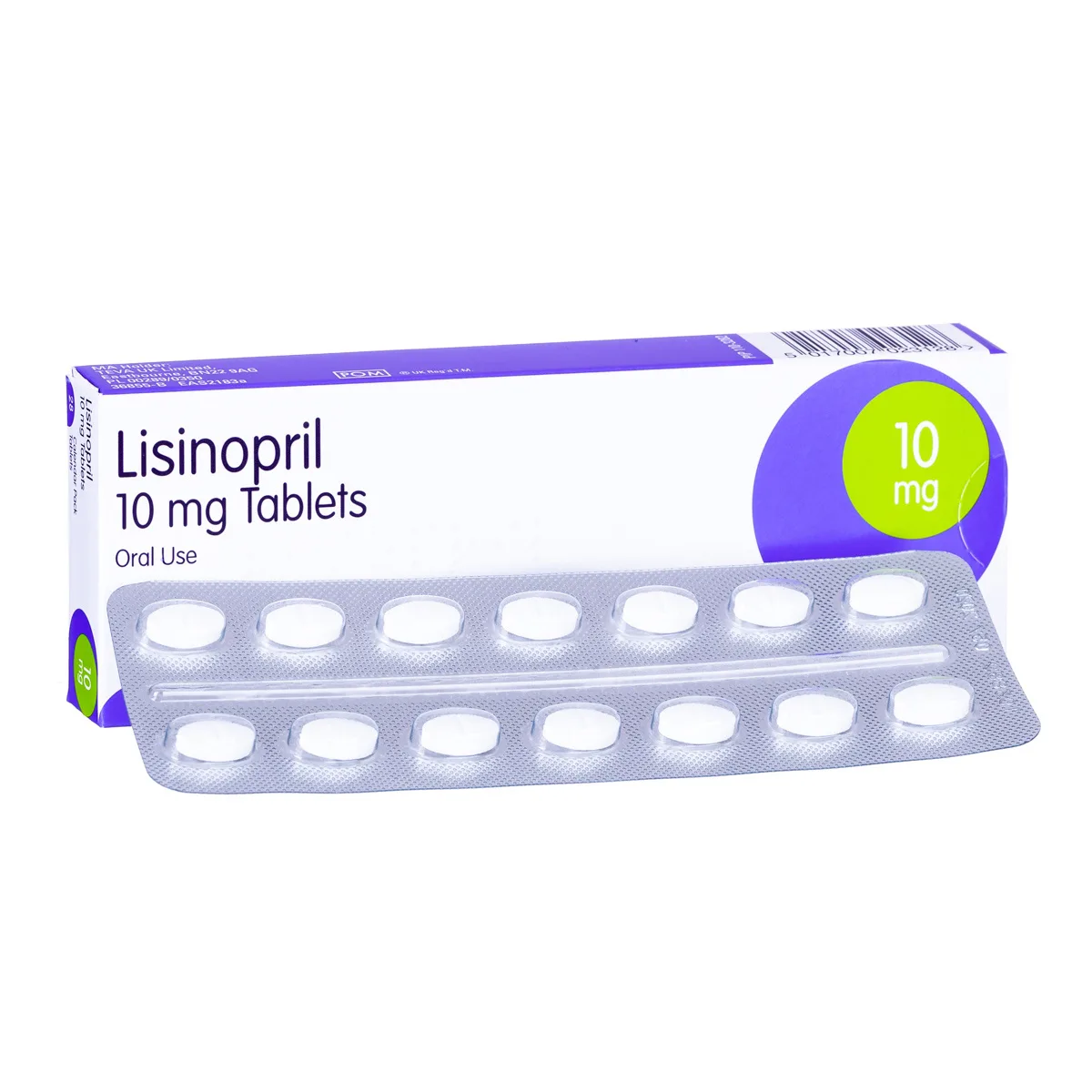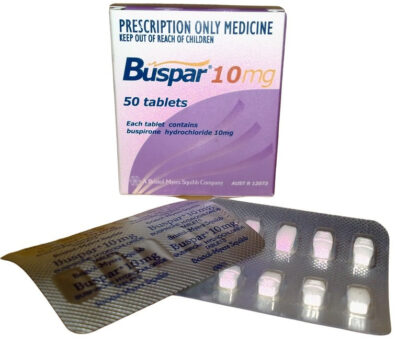Introduction to Lisinopril Tablets: Helping Your Heart Stay Strong
Lisinopril is a medication that helps keep your heart and blood vessels healthy. Think of your heart as a pump, and your blood vessels as garden hoses. Sometimes those hoses get too tight, making it harder for your heart to pump blood through. Lisinopril helps relax and widen the vessels, making it easier for your heart to do its job.
For some people, including kids and adults, managing blood pressure and heart health is like caring for a garden—you need the right tools to keep everything running smoothly. Let’s explore how Lisinopril tablets can help.


What is Lisinopril Used For?
Lisinopril is like a helper for your heart and blood. It makes life easier for people with high blood pressure or certain heart conditions.
High Blood Pressure (Hypertension): When blood vessels get too tight—like a balloon filled with too much air—it’s hard for blood to flow smoothly. Lisinopril helps by widening those vessels, lowering the pressure inside.
Heart Conditions: If your heart needs help after an illness or strain, Lisinopril acts like a gentle support, allowing your heart to rest and recover while still working efficiently.

How Do You Take Lisinopril?
Taking Lisinopril is simple, but it’s important to follow your doctor’s instructions—just like following a recipe. The right dosage and timing make all the difference.
Lisinopril Tablet Dosages: Dosages can vary. Your doctor will decide the right amount for you, depending on your needs. It’s like scooping the perfect amount of ice cream—some people need a little, others a bit more.

Side Effects: What to Watch For
Sometimes, medicines can make you feel a bit different. It’s important to know what to expect, so there are no surprises.
Common Side Effects: Some side effects are mild, like a cough, dizziness, or feeling tired. It’s like hitting a small bump while riding a bike—it might shake you for a moment, but you can keep going.
Serious Side Effects: Other side effects are more serious, like swelling of the face or trouble breathing. These are like big potholes you’d want to avoid while biking. If you experience these, tell someone immediately.
When to Talk to a Doctor
If something doesn’t feel right while taking Lisinopril, don’t hesitate to speak up. Just like a red stop sign on the road, certain symptoms mean it’s time to talk to a doctor.
For example:
- Feeling dizzy or lightheaded, like spinning too fast, could mean Lisinopril isn’t working well for you.
- A rash or hives could signal an allergic reaction.
- Swelling in your face, lips, or throat is serious—think of a balloon filling up too much. Seek medical help immediately if this happens.
Conclusion: Keeping Your Heart Happy
Lisinopril is a powerful tool to help keep your heart healthy and your blood pressure under control. By understanding how it works, following your doctor’s advice, and paying attention to your body, you can ensure that your heart stays happy and strong.
Frequently Asked Questions (FAQs)
What if you forget to take your Lisinopril? If you forget once, don’t worry. Just take it the next time as usual—like watering a plant, missing a day occasionally is okay, but try not to make it a
Can Lisinopril make you feel tired? Yes, you might feel a bit tired when you first start taking it, but this usually gets better with time.
Do you have to take Lisinopril forever? That depends on your condition. Some people take it for a short time, while others may need it long-term.
How To Use lisinopril
In this informative video, we explore lisinopril.
Why us?

Authenticity Guaranteed:
We ensure that every batch of Capoten is sourced from trusted manufacturers, providing you with genuine medication that meets the highest quality standards.

Competitive Pricing:
Our pricing is designed to make essential medications like Capoten accessible to all, offering competitive rates and frequent discounts to help you manage your health affordably.




